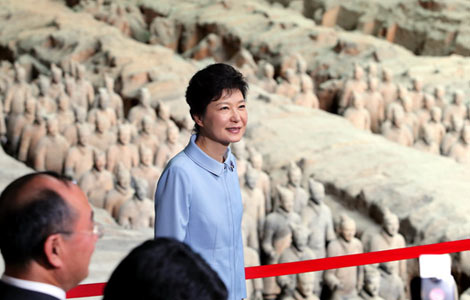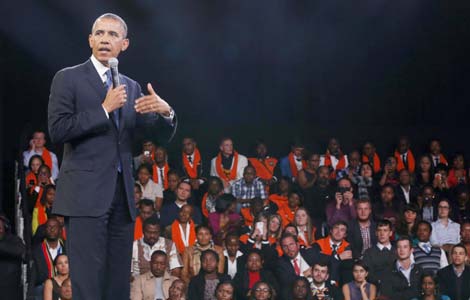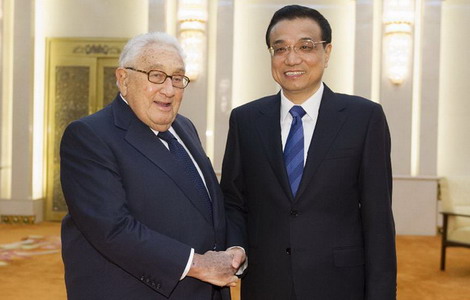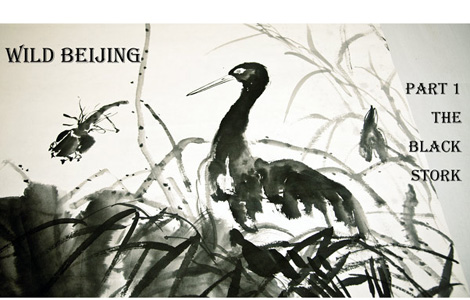No China-US rivalry in booming Africa
Updated: 2013-06-30 10:12
(Xinhua)
|
||||||||
BEIJING - US President Barack Obama, the first black president of the world's sole superpower, is finally in Africa.
The on-going three-nation tour to Senegal, South Africa and Tanzania, his first substantial visit to the continent since taking office in 2009, offers the US leader an opportunity to get first-hand experiences of both Africa's aspirations for development and the daunting challenges facing the continent.
It is worth noting that two of Obama's destinations, namely South Africa and Tanzania, also hosted Chinese President Xi Jinping in March during the Chinese leader's maiden overseas tour since assuming presidency.
Some Western observers might see the coincidence as symbolic, which testifies to the perceived rivalry between the world's two largest economies competing for business opportunities and political influence on the African continent.
This mentality belongs to the past. It results from the West's biased perception of China's role in Africa. It also misses the bigger picture in which Beijing and Washington, instead of being competitors undermining each other's efforts, can actually work as partners in promoting Africa's development.
The past decade has seen a spectacular rise of China's presence in Africa. Top leaders of China and Africa are exchanging visits. Big Chinese companies are busy with investing in industrial and infrastructure projects across the continent. Chinese businessmen, workers and tourists are also increasingly seen in African countries.
The West, especially the United States, tend to see China as a voracious industrial giant only interested in extracting Africa's natural resources to support its own economic development. They have never fully grasped the real influence of China's extensive investment and aid efforts in Africa.
But various reports, both from international development agencies and private research institutions, have long argued in China's defense. They believe China's efforts in Africa, though still with deficiencies, are largely a positive force in promoting Africa's development.
For Africa, it is really a blessing that the top leaders of both the United States and China have come to the continent within three months. Washington and Beijing, with their distinct economic advantages and policy priorities, can be partners in fostering peace and development on the world's least developed continent.
Obama said Saturday in Pretoria that the increased Chinese engagement in Africa is "beneficial for all" and that Washington does not "feel threatened by it." However, he has also said China's interest in Africa leaves the continent as "simply an exporter of raw goods." Falling victim to the West's popular myth about China's role, the US leader has yet to fully appreciate China's positive influence.
As international diplomats have pointed out, the two countries have already worked on joint efforts in Africa. The claimed rivalry and competition between China and the United States is more of a result of political bias.
China and the United States, as two major stakeholders in international peace and development, should ditch the myth about each other's perceived role in Africa and work together to develop a partnership with the continent that not only promotes Africa's development, but also brings trade and investment opportunities to the world's two largest economies.
Most Viewed
Editor's Picks

|

|

|

|

|

|
Today's Top News
Kerry extends Mideast peace mission
Mandela's life should inspire African youths: Obama
China pledges to clamp down on terrorism
Sperm banks struggle to attract donors
Train derailment prompts evacuations in Houston
Former Real boss Luxemburgo sacked by Gremio
Secret documents show NSA spying on EU offices
Obama talks to Mandela's family
US Weekly

|

|















